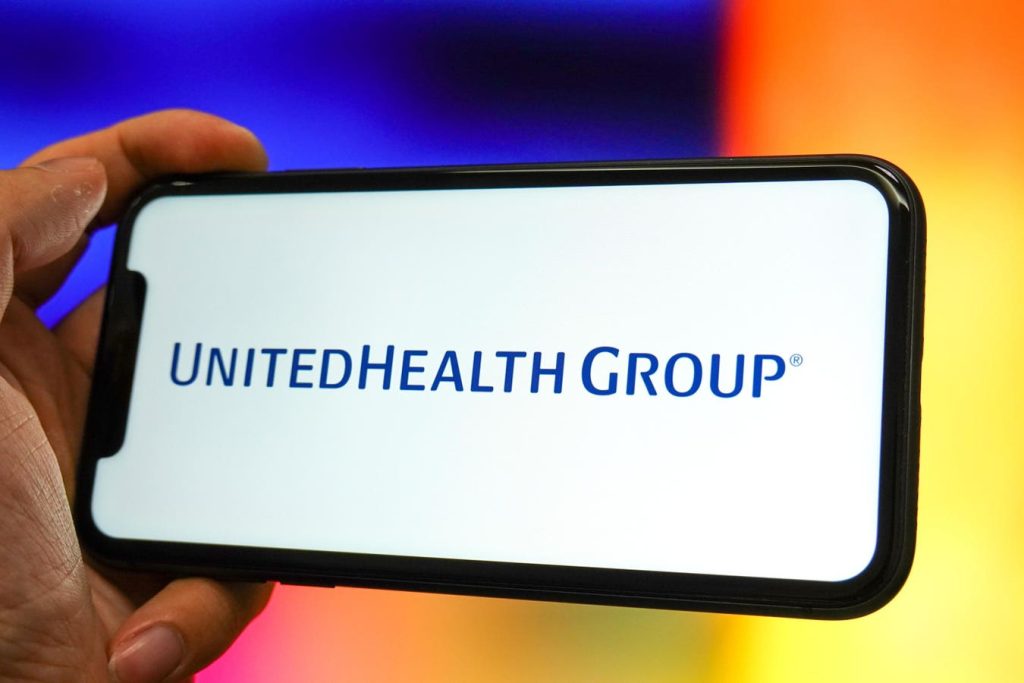UnitedHealth Group (NYSE: UNH) is set to release its Q1 2024 results on April 16, with expectations of revenue around $99.7 billion and earnings of $6.75 per share, in line with street expectations. The company is expected to benefit from the growth of its Optum Health business and increased memberships in its health insurance business. Investors will be focusing on medical costs in Q1, as management anticipates a rise in this metric in the near future. Although results are expected to meet expectations in Q1, there is room for stock growth from its current levels under $460.
UNH stock performance has shown gains of 30% over the past three years, reaching around $460 from $350 in early 2021, but the increase has not been consistent. In 2021, returns were 43%, followed by 6% in 2022 and -1% in 2023. UNH’s performance compared to the S&P 500 has varied, with underperformance seen in 2023. Given the current uncertain economic environment, there is speculation on whether UNH will see a strong jump or underperform the S&P 500 in the next year. However, from a valuation perspective, UNH stock is considered attractive, with an estimated valuation of $605 per share, implying over 30% upside from current levels.
In the latest quarter, UnitedHealth is expected to benefit from an increase in customers served and growth in the Optum segment. However, there has been an increase in medical costs due to elective surgeries, which is anticipated to continue in the near term, with the medical care ratio expected to rise to over 84% in Q1’24. In the previous quarter, UnitedHealth’s revenue grew by 14%, driven by increases in both the UnitedHealth and Optum segments. Operating margins slightly decreased, with higher revenues and investments in patient services leading to a rise in bottom line profits.
Near-term challenges for UnitedHealth include rising medical costs and lower Medicare Advantage payments in 2025, falling short of street expectations. These factors are already reflected in UNH’s almost 15% year-to-date stock decline. While Q1 EPS will be important, the performance of the medical care ratio during the quarter may have a greater impact on UNH stock. A higher-than-expected rise in this metric could lead to lowered guidance, affecting stock performance. On the other hand, any relief in medical costs could result in a stock rebound.
Although UNH stock appears undervalued, it is important to consider how UnitedHealth Group’s peers are performing in comparison. By analyzing metrics that matter and observing how other companies across industries are faring, investors can make informed decisions. With opportunities for growth and challenges to navigate, UnitedHealth Group’s upcoming earnings report will provide valuable insights into the company’s performance and the outlook for the future.


